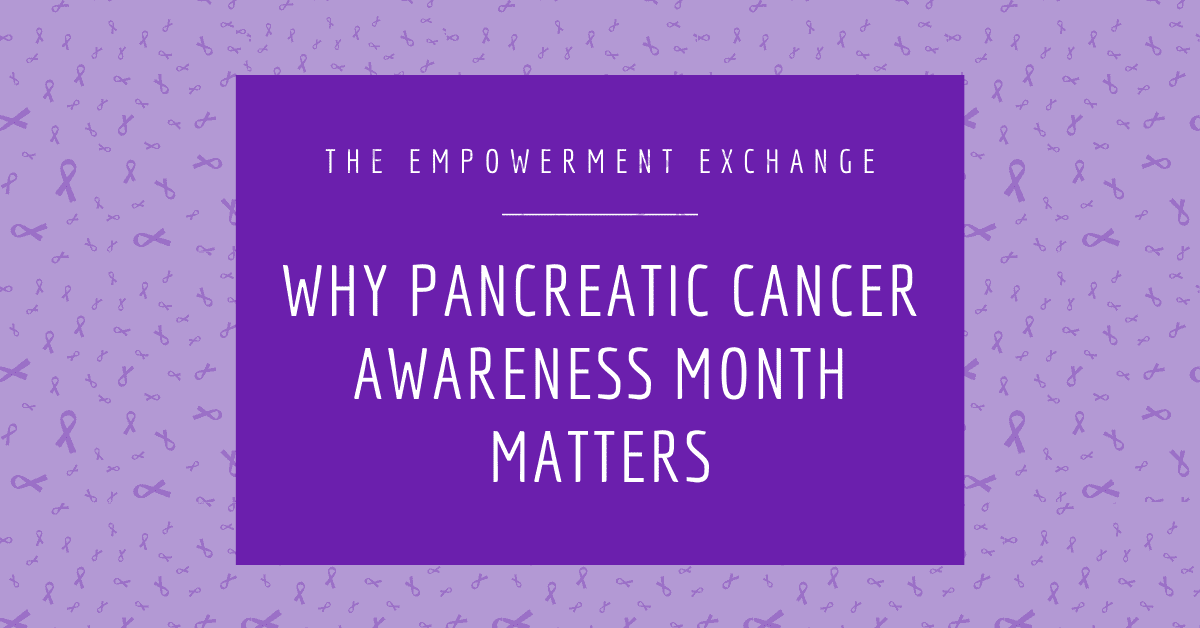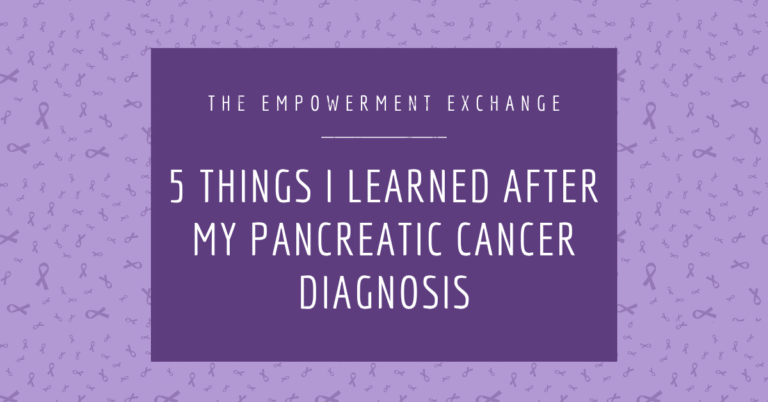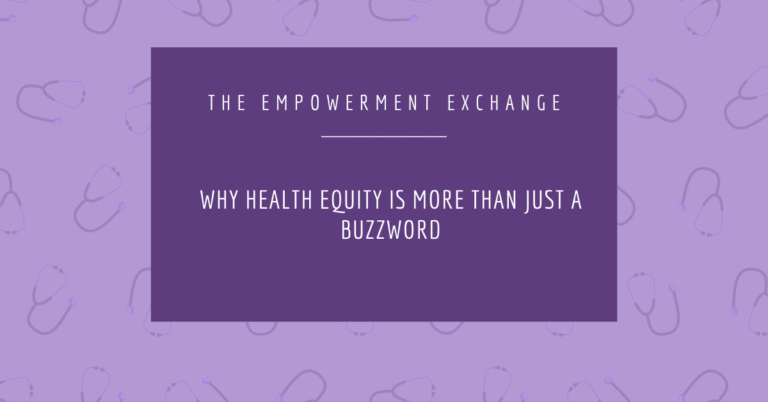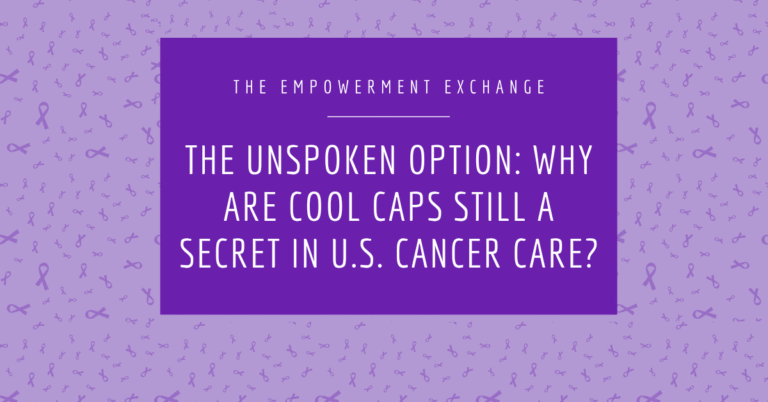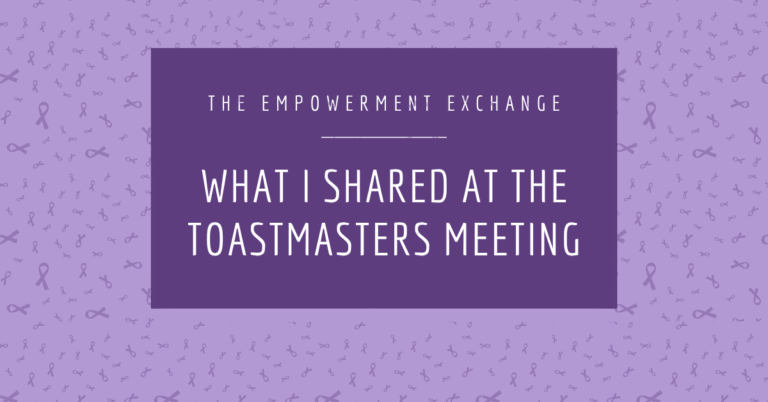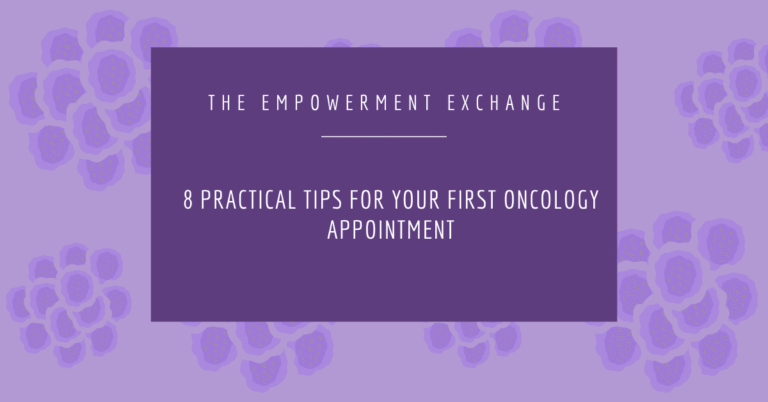Why Pancreatic Cancer Awareness Month Matters
When you hear the words “pancreatic cancer,” the room often goes quiet. It’s a diagnosis wrapped in fear and uncertainty, and for good reason. Pancreatic cancer has one of the lowest survival rates of all cancers, yet it rarely receives the attention or funding it desperately needs. That silence costs lives.
Every November, Pancreatic Cancer Awareness Month turns the spotlight on this disease. It is more than wearing purple. It is about saving lives through earlier detection, pushing for more research, and supporting the people and families who are facing one of the toughest battles imaginable.
I know this because I lived it. In 2014, I was one of about 46,000 people in the U.S. diagnosed with pancreatic cancer. At the time, I was told my chances of survival were slim. Today, I am one of the 1 percent still alive from that year’s diagnoses. That number is not just data, it is a reminder of why this month matters.
What Pancreatic Cancer Awareness Month Represents
Pancreatic Cancer Awareness Month began as a grassroots effort by survivors, families, researchers, and advocacy groups who saw how overlooked this cancer was. Every November, we come together to break the silence.
The numbers are sobering:
- Pancreatic cancer is the third leading cause of cancer-related death in the U.S. and is projected to become the second by 2030.
- The five-year survival rate is about 12–13 percent, among the lowest of all major cancers.
- Symptoms are vague and often don’t appear until the disease is advanced.
- Despite the severity, pancreatic cancer has historically received less than 3 percent of federal cancer research funding.
- In 2025, about 67,440 Americans will be diagnosed, and 51,980 will die from the disease.
Awareness is not symbolic. It is the first step toward research dollars, better diagnostic tools, and improved survival rates.
Why Pancreatic Cancer Is So Hard to Detect
One of the cruelest realities of pancreatic cancer is how quietly it develops. Unlike breast or colon cancer, there is no routine screening test. Most people have no idea something is wrong until the disease is advanced.
Early signs are subtle and often mistaken for everyday problems:
- Fatigue that lingers
- Back or abdominal pain
- Indigestion or nausea that comes and goes
- Unexplained weight loss
The pancreas sits deep in the abdomen, hidden behind other organs, which makes tumors difficult to detect during physical exams. By the time symptoms demand attention, the disease has often spread.
The Unequal Burden of Pancreatic Cancer
Pancreatic cancer does not affect everyone equally. Healthcare inequities and systemic barriers mean that certain groups face higher risks and poorer outcomes:
- Black Americans are more likely to be diagnosed and more likely to die from pancreatic cancer. They are also less likely to receive surgery, the only potential cure.
- Latinx and Native American populations often experience reduced access to specialized care, delayed diagnoses, and fewer opportunities to participate in clinical trials.
- Low-income patients are more likely to be diagnosed late, treated in under-resourced hospitals, or unable to afford comprehensive care.
- Rural patients often live far from high-volume cancer centers and specialists, which directly impacts survival rates.
These disparities are not random. They reflect systemic racism, economic barriers, and gaps in healthcare access. Awareness must also mean equity.
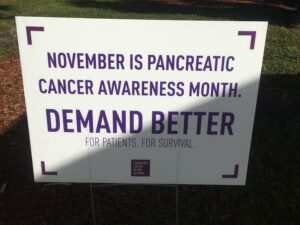


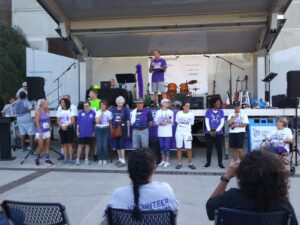

Why This Month Is Personal
When I think back to my own experience with pancreatic cancer, what stands out isn’t only the treatments or the statistics. It’s the feeling of sitting in exam rooms, trying to explain what I was experiencing, and wondering if anyone was really listening.
Too often, my symptoms were minimized or brushed aside. I wasn’t looking for special treatment. I was looking for dignity, for trust, for someone to believe what I knew about my own body. Instead, I was met with dismissal and labels that left me feeling invisible at a time when I needed to be seen most.
That kind of dismissal doesn’t just hurt in the moment. It delays care. It creates unnecessary fear and uncertainty. And it happens far too often, especially for patients of color, people with limited resources, or those who don’t have the privilege of medical knowledge to advocate for themselves.
As both a survivor and a medical professional, I’ve lived on both sides of the ophthalmoscope. I’ve treated patients and I’ve been the patient. That dual perspective has shown me how much trust, compassion, and equity matter in medicine and how devastating it can be when they’re missing.
For me, Pancreatic Cancer Awareness Month is not only about raising money for research or wearing purple in solidarity. It’s about making sure patients don’t face this journey alone. It’s about changing a culture where voices are silenced, symptoms are ignored, and too many lives are cut short because the system doesn’t see them.
Awareness means fighting for a future where no one has to beg to be heard while battling for their life. It means patients are believed, respected, and treated with urgency and compassion, always.
If you’d like to hear more about my personal journey, I share the lessons that shaped my perspective in:
How You Can Be Part of the Change
You don’t need to be a doctor or survivor to make an impact. Here are ways you can help during Pancreatic Cancer Awareness Month:
- Wear purple and spark conversations.
- Share information on social media to educate others.
- Support organizations like PanCAN and the World Pancreatic Cancer Coalition. Donations and volunteers fuel research and patient support.
- Learn the symptoms and talk about them with family and friends.
- Start conversations in your community. Breaking the silence saves lives.
For more organizations and tools that support patients and families, visit the Resources Page.
For practical advice on how to advocate for yourself during appointments, you can also read:
Why Your Voice Matters
Pancreatic cancer is often called a silent killer, but silence is exactly what allows it to thrive. Awareness gives us a fighting chance.
This November, be part of the movement. Whether you have been personally touched by pancreatic cancer or are just learning about it, your voice matters. Together, we can:
- Honor those we’ve lost
- Support patients and survivors
- Push for earlier detection and better treatment
- Work toward equity in care and outcomes
Pancreatic cancer hides in the shadows. This month, let’s bring it into the light. Be part of the reason someone lives longer.
Want to read more of my story?
My upcoming memoir explores what it’s really like to face pancreatic cancer while confronting medical racism in healthcare. It’s a story of survival, resilience, and the fight for dignity.
Looking for a speaker for your next event?
I share my journey as a pancreatic cancer survivor and healthcare advocate at conferences, panels, and community events. If your audience cares about equity, resilience, or patient empowerment, I’d love to connect.
Don’t Miss Out!
To get future posts on survivorship and advocacy delivered straight to your inbox, subscribe to my blog today.
Discover more from Dr. Yvette Colón
Subscribe to get the latest posts sent to your email.
